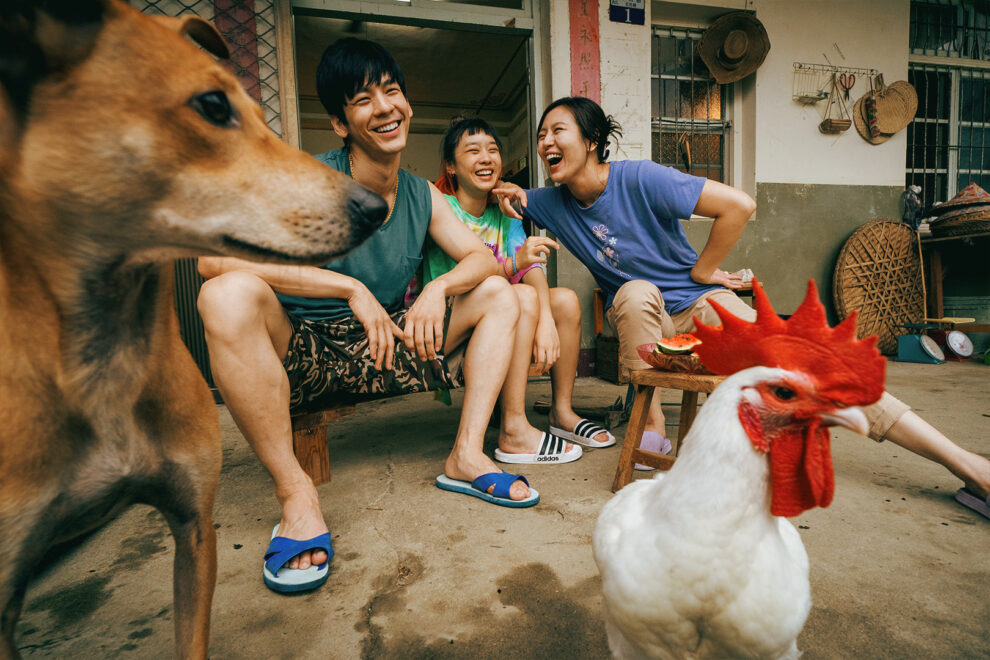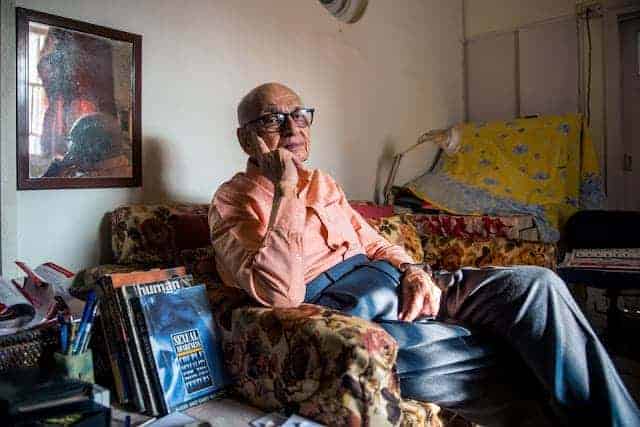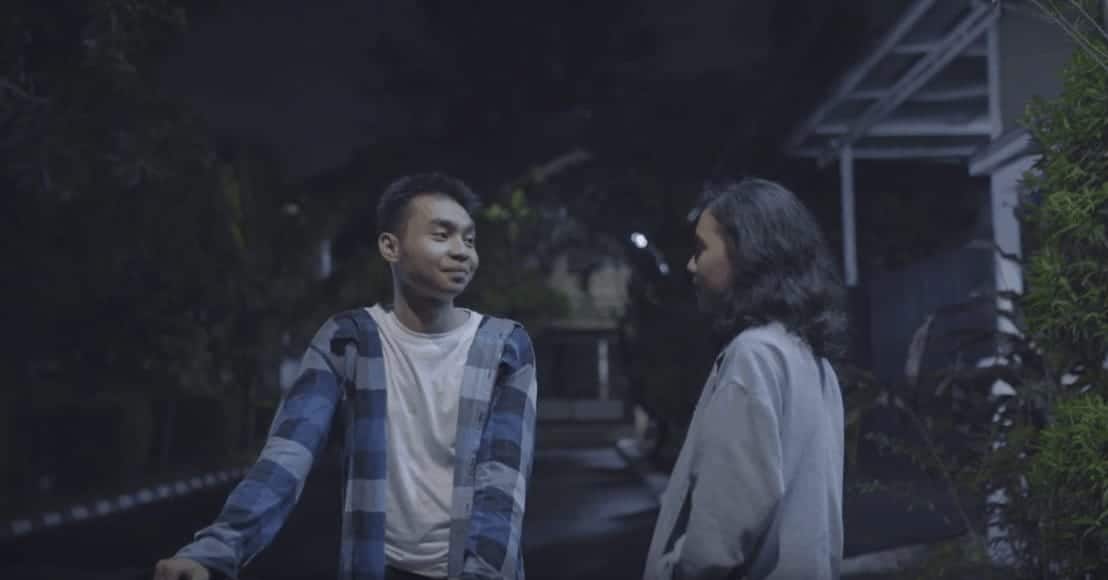Considering how Asian family dramas screening in festivals around the world tend to be rather heavy in their presentation, it is always a pleasure to watch films such as “Salli”, a Taiwanese-French co-production, which takes a lighter, easier-to-watch approach towards the concept, headed by an impressive performance by its main lead, Esther Liu.
Salli is screening at Busan International Film Festival

Hui-Jun is a very beautiful 38-old woman, who is somewhat stuck in her chicken farm in a rural village in Taiwan, which she runs along with her younger brother, who is about to get married to his posh girlfriend. As the story begins, Xin-Ru, her niece, who has been living in Shanghai with her parents, comes to spend time with her aunt, with their relationship actually being more like a mother-daughter one. When her relatives claim that Hui-Jun, being unmarried, should not attend her brother's wedding reception, she decides to let Xin-Ru set her up on a dating-app, where she soon finds herself in an online relationship with Martin, a French man. Hui-Jun, despite the insistence of her relatives, believes she has found a way out, and even decides to go to France to meet him. Things, however, turn out rather different than she expected.
Check also this interview
Lien Chen-hung directs a film that is essentially split in three parts. The first one sets the tone for Hui-jun's current situation, essentially establishing her as a woman that was definitely meant for bigger things, but found herself stuck in a rural village, where she is the constant source of gossip for being single at her age. Also of note is the slightly humorous approach the director implements towards the presentation of the family's interrelationships, with Hui-Jun's brother essentially functioning as the “husband”, the man of the house, to the point that some notions of jealousy also arise in his sister towards his wife, and Xin-Ru being the daughter, in a rather smart and quite entertaining “trick” here.
Furthermore, Lien makes a comment about life in rural areas, where everyone knows everything about everyone, and where various ‘absurd' interpretations of tradition rule the lives and relationships of people, with the protagonist repeatedly falling victim to them. As such, and in such a conservative setting, Hui-Jun's attempt at online dating looks revolutionary by itself, with her going to France essentially being a true heroic attempt on her part.
The second part, which takes place in Europe, sees Hui-Jun essentially transforming into Salli, with her finding the strength to stand on her two feet after the shattering experiences she has and becoming an almost completely different person, more sure of herself, both regarding her character and her appearance. The comment here is quite evident, regarding the way different experiences are the only way for people to truly change, even though the romanticized perspective of Europe a lot of Asians seem to have is also evident.
The last part takes place once more in Taiwan, where a changed Hui-Jun is finally ready to make some decisions about her life dictated by what she wants, even though they are not exactly radical. The fact that she fully determines her relationship with her niece, and that she decides that living alone, without ‘a man” can be ok, emerge as the most interesting aspect here, with Lien concluding his film in a bittersweet but quite fitting and rewarding fashion.
Evidently, and in a style that reminds intently of French cinema, Esther Liu appears in every scene, with the camera following her throughout the movie, although mostly through mid-shots and not through intense close ups. Her charisma becomes evident from the beginning, with her being quite convincing both in her interactions with chickens and villagers, and Europeans, all the while showing her inner struggle about her future. Austin Lin in the role of her brother is also quite convincing as the ‘man of the house'.
Liao Ching Yao's cinematography captures both the Taiwanese rural and the European setting with an entertaining realism, while his camera constantly follows the protagonist, in an aspect that actually works well for the movie. Lien Chien Hung's editing results in a mid-tempo that also fits the overall aesthetics of the film and the narrative approach here.
“Salli” is not high art, but is easy to watch, occasionally funny, occasionally intriguing in its comments, well acted, and in general, a very appealing film.















